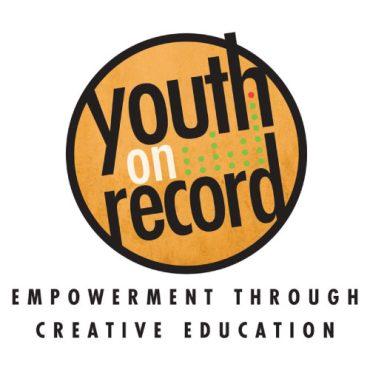Boulder Mayor Suzanne Jones made the motion last night for City Council to adopt a new Transportation Master Plan scheduled to take the city through 2030. But as KGNU’s Roz Brown reports, safety and funding were still major topics ahead of last night’s unanimous approval.
-
 play_arrow
play_arrow
Boulder Adopts New Transportation Master Plan Through 2030 KGNU News
Former city councilman Spencer Havlick was one of several public speakers who encouraged the city to start a conversation with residents about lowering the speed limit on residential streets.
“I would encourage you to consider a 15 mph speed limit in school zones, in areas with seniors or young people or heavy pedestrian traffic,” said Havlick. “Twenty-miles per hour is currently in place in school and work zones, and it’s probably exceed by four-to-seven miles. We’ve seen this reduction work in Crested Butte and Buena Vista and I think it could work here.”
Earlier this month the Transportation Advisory Board also advocated for lower residential speed limits. Councilman Sam Weaver pointed to data that shows Boulder drivers are going too fast.
“Crashes from speeding have gone up in the past four years,” said Weaver. “The citations are up and you can feel it changing – if you’re on a bike or you’re a pedestrian you can feel people are driving differently – they’re more distracted and they’re going faster and that’s a very bad combination.”
Weaver said he has also looked at crash maps, which show the same intersections are bad for pedestrians, autos vs. autos, and auto/bike accidents. He said three of those include 30th Street, Arapahoe Avenue and Canyon Boulevard.
Councilman Bob Yates emphasized just what an extra five-miles per hour can mean when an accident occurs.
“If you get hit by a car at 20 mph, you have a 90 percent chance of surviving,” noted Yates. “But if you get hit by a car at 30 mph, your chances of dying from injuries is nine-out-of ten.”
South Boulder resident Michael Tompkins related first-hand experience about speed and dangerous intersections. He was riding just behind his daughter’s bike, accompanying her to school, when a driver failed to yield.
“My daughter bounced off a car two weeks ago at 15 mph in a crosswalk, it was a driver error,” said Tompkins. “She flipped through the air and landed really hard but had no neck, back or head injuries. But five mph hour faster and it could have been different and that’s why decreasing the speed limit is an easy sell.”
First adopted in 1989, the new, more comprehensive transportation plan calls for a reduction in greenhouse gas emissions, safer environments for pedestrians and cyclists, and better access to transit. City staff estimates $200 million would be needed annually to achieve the plan’s transportation goals by 2030. Nonetheless, councilmembers, including Cindy Carlisle directed staff to explore all potential funding mechanisms.
“We always look to the budget and it seems to me we could look at some of the corporations and other entities that bring all of these additional people to Boulder, so they can also do their part in paying for some of the impacts they have caused,” said Carlisle.
-
 play_arrow
play_arrow
Boulder Adopts New Transportation Master Plan Through 2030 KGNU News
Podcast: Play in new window | Download



















